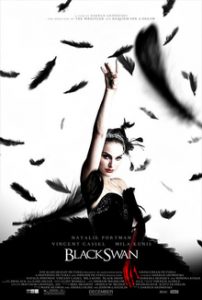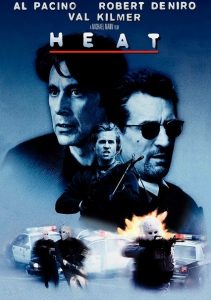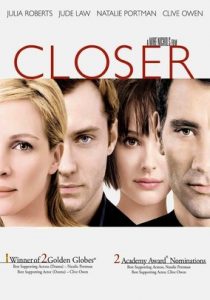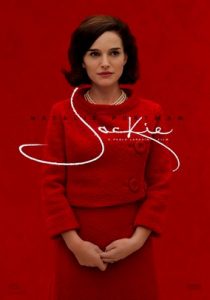Black Swan-2010
Director Darren Aronofsky
Starring Natalie Portman, Winona Ryder, Barbara Hershey
Top 250 Films #221
Scott’s Review #735
Reviewed March 22, 2018
Grade: A
Darren Aronofsky, the director famous for the psychological and bizarre, most notably 2000’s Requiem for a Dream, 20008’s The Wrestler, and 2017’s mother!, can easily add 2010’s Black Swan to this category as he weaves an unsettling tale involving the world of ballet centered around the Tchaikovsky work Swan Lake.
The film is dark, eerie, perverse, and utterly mind-blowing in its creativity- in short, Black Swan is a masterpiece.
The film reaped several Academy Award nominations, including a win for Natalie Portman as Best Actress.
In the competitive New York City ballet company, art director, Thomas Leroy (Vincent Cassel), is preparing to open the season with the compelling and complex, Swan Lake.
Deemed “too old”, star ballerina Beth McIntyre (Winona Ryder) is forced into retirement, much to her chagrin, allowing others to audition for the coveted lead role.
Aspiring talent, Nina Sayers (Portman) gives a flawless audition as the White Swan but lacks the depth to succeed as the Black Swan. Despite this point, Nina wins the role and slowly becomes psychotic as she begins to embody the Black Swan in her quest for perfection.
Center stage, Portman embodies her character with mystique as we never know if she is living her dual role or if someone is messing with her.
As strange events begin to occur, Nina is insecure and on edge throughout- as she desperately wants to give testament to White Swan/Black Swan she does not feel confident in the skin of Black Swan and she eventually teeters toward the edge of insanity.
Deserving the Oscar statuette she won, Portman delivers the best role of her career.
Black Swan would not have been the success that it was without the talents of the three most prominent supporting characters- Cassel, Mila Kunis (at the time unknown), as Lily/Black Swan, and legendary talent Barbara Hershey as Nina’s the supportive yet haggard mother, Erica.
Just as Nina grows both suspicious of and distrustful of each of these character’s motivations, so does the audience.
Is Lily a trusted friend? What does Nina know of her? Is Cassel’s Thomas manipulating Nina for a great performance or does he have sexual designs on her?
Is Erica a loyal confidante, a jealous bitch, vengeful about her stalled career?
The final scene of the film is a masterpiece in itself and perfectly wraps up the film in a perplexing, grotesque style. As the big night finally arrives and doubt is cast on whether or not Nina will perform successfully, the entire scene is a riveting, climactic experience.
One will never forget the final shot of Nina, gushing with blood, and a grimace caked in stage makeup, as she professes a perfect performance to her musical director and castmates.
With this scene, we are left wondering whether she will ever recover from this performance.
The fabulous musical score is haunting and effective and each piece is perfectly placed within the appropriate scene. The heavy use of violins gives the soundtrack a frightening, almost horrific screeching quality, and the Chemical Brothers’ electronic songs, importantly used during Nina and Lily’s wild night out clubbing, are tremendously effective.
The 1948 masterpiece The Red Shoes, directed by the controversial Michael Powell, must have been an influence on Aronofsky.
Both contain similar subject matters of ballet and dancing on the edge of sanity, I can hardly think of two better films to serve as companion pieces, watched in tandem, than these two timeless greats.
Darren Aronofsky, along with a perfectly cast company with stellar, bombastic actors, and a classical music score by the great Tchaikovsky, with electronic elements mixed in, delivers a piece that works in spades.
2010’s chilling Black Swan is a modern-day classic that will be discussed as much as it is remembered as an incredibly important film.
Oscar Nominations: 1 win-Best Picture, Best Director-Darren Aronofsky, Best Actress-Natalie Portman (won), Best Cinematography, Best Film Editing
Independent Spirit Award Nominations: 4 wins-Best Feature (won), Best Director-Darren Aronofsky (won), Best Female Lead-Natalie Portman (won), Best Cinematography (won)




